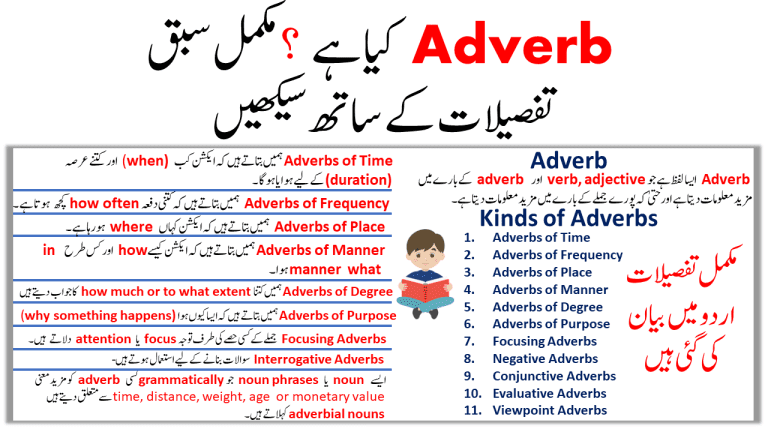English Grammar has many branches and Important topics like Tenses, Direct Indirect Narration, Parts of Speech, etc. All these topics have got much importance on their own. These topics make Grammar strong and help people learn English in no time. Here we are with another topic, Participles.
A participle is supposed to have the functions of both Verb and Adjective. it is a Non-Finite Verb form that has some of the characteristics of both Verbs and Adjectives. Participles are structures that are actually made from verbs, but characterize them by showing any situation, object, or person. A participle is a verb form that can be used
(1) As an adjective.
(2) To create verb tense.
(3) To create the passive voice.
Types of Participles
Normally there are three types of participles. Each type with its own recognition and examples.
Present participle (ending -ing).
Past participle (usually ending -ed, -d, -t, -en, or -n).
Perfect Participle (usually ending on, -en, or -n).
1. Present Participle
A Present Participle is formed with the ‘ing’ form of the verb to indicate an action going on, incomplete or imperfect.
Example of Present Participle
- Hearing the noise, we rushed out of the restaurant.
- Thinking all is well, he went to bed.
In the above sentences, ‘Verb + ing’ denotes an action going on or an incomplete action.
2. Past Participles
A Past Participle ends with ‘ed’, ‘d’, t, or ‘n’ and is used to indicate action as completed.
Example
- Driven by poverty, he committed suicide.
- Deceived by his best friend, he was left in the lurch.
In the above sentences ‘Verb 3’ shows an action already completed before the second action took place. ‘Verb 3’ is called Past Participle.
3. Perfect Participle
A Perfect Participle is formed with ‘having’ +Verb to indicate action as completed in the past.
Example
- Having done with it, they got down to work.
- Having rested, they started their journey again.
The above sentences show an action being completed in past. ‘Having + Verb3’ (Perfect Participle) is used for such a purpose.
Uses of Participles
Correct use of participles, where we have to use participles, according to condition or sentence.
1-Participles are used as simple adjectives
Pleasing personality, dedicated work, etc
2-To govern a noun or pronoun
- Looking at the beautiful painting, I dropped the cup in my hand, etc
3-As a complement to a verb
- The Padma looks worried.
- Raju seems disappointed.
4-Absolutely with a noun or pronoun
- The weather, being favorable, we went out.
5-To form present and past continuous tense
- I am teaching.
- We are reading.
6-To form Present and Past Perfect Tense
- I have stayed in America for five years.
- We have worked in the school since 1990.
7-To form Passive Voice
- I am informed about her marriage.
- We are told to wait in the drawing-room.
Rules of Participles
1- Since the participle is a verb-adjective, it must be attached to some noun or pronoun. In other words, it must always have a proper subject of reference.
Example:
Being a very hot day, I remained in my house. (Incorrect)
It being a very hot day, I remained in my house. (Correct)
2- A present participle should not be used to express an action that is not simultaneous with the action of the principal verb.
Examples:
He flew to Washington on Sunday, arriving there on Monday evening (Incorrect)
He flew to Washington on Sunday and arrived there on Monday evening. (Correct)
3- Past Participle represents a completed action or state of the thing spoken of.
Example:
(a) Blinded by the gusty winds, they fell into disorder.
(b) Insulted by his friends, he left the party.
4- Perfect Participle represents an action as complete at some time in the past.
Example:
(a) Having finished their work, they left for their homes.
(b) Having signed the documents, he shook hands with the members of the delegation.
5- Such participle as regarding, concerning, considering, taking, speaking, touching owing to cannot be used with an agreement with any noun or pronoun.
Example:
(a) Considering his talents, he should have done better.
(b) Regarding your problems, nothing much can be done at this moment.
6- There must be a strong subject while using participle.
Example:
- Returning home, the moon went behind the clouds. (Incorrect)
- While he was returning home, the moon went behind the clouds. (correct)
Description Of Article: This lesson will help you to learn about Present Tense, Past Tense, and Future Tense Participles. This lesson contains Definition of Participles, Types of Participles, Examples of Participles, Use of Participles in different kinds of Tenses with Correct and incorrect Sentences.











